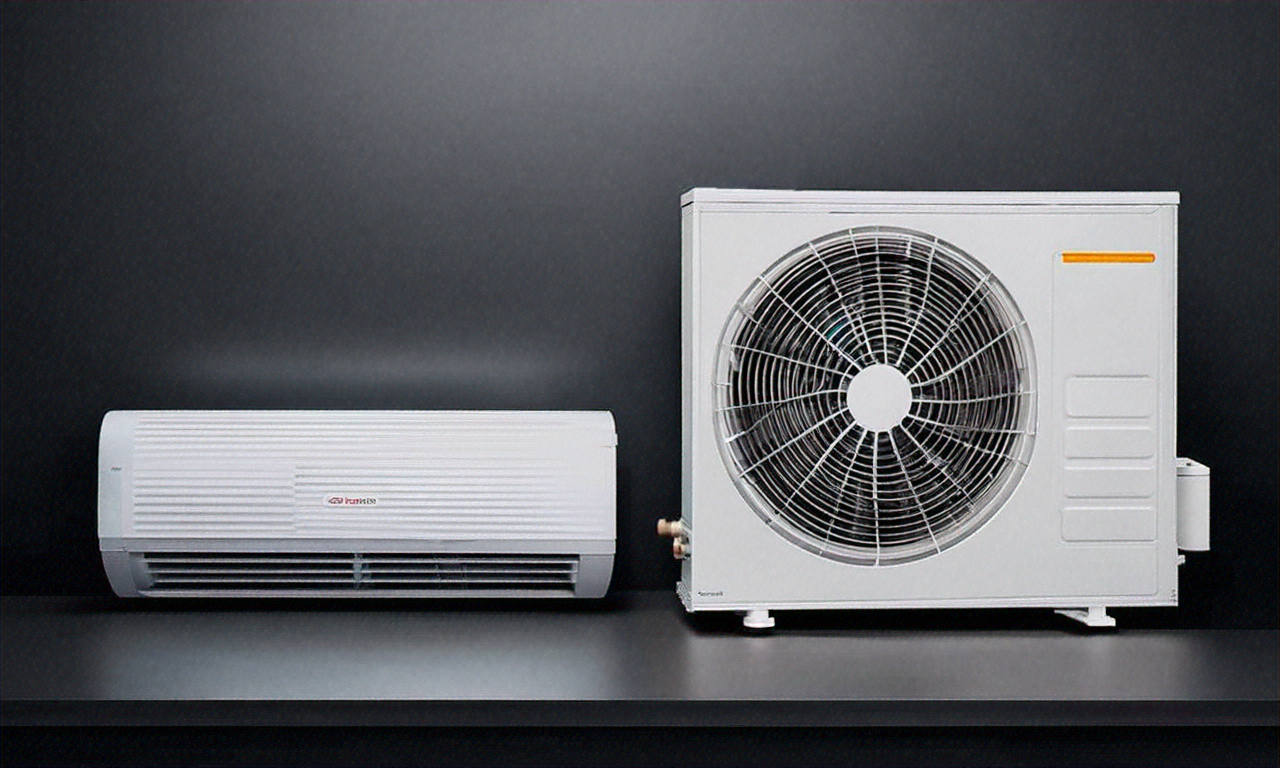Smarter Air Conditioning: What to Know Before You Upgrade Your Cooling System
Modern air conditioners are evolving quickly — bringing new features like smart control, silent operation, and energy-saving modes that adjust to your lifestyle. In this article, we explore how to choose the right air conditioner for your needs, what features matter most, and how smart cooling can make a noticeable difference in both comfort and efficiency. No hype, just helpful insights for better decisions.

How to Choose the Right Air Conditioner for Your Space
Selecting the perfect air conditioning system requires careful consideration of multiple factors. Room size, ceiling height, insulation quality, and local climate play crucial roles in determining the most suitable cooling solution. Window units work well for small spaces, while central air conditioning systems provide comprehensive cooling for larger homes. Portable units offer flexibility for renters or those needing temporary cooling options.
Key considerations include:
-
Square footage of the area
-
Ceiling height and room layout
-
Existing home insulation
-
Local temperature and humidity levels
-
Budget and long-term energy efficiency
Understanding Energy-Efficient Cooling Solutions
Modern air conditioning systems prioritize energy efficiency through advanced technologies. Inverter-based air conditioners can reduce electricity consumption by up to 60% compared to traditional models. Look for units with high SEER (Seasonal Energy Efficiency Ratio) ratings, which indicate superior energy performance. Smart features like programmable thermostats and zone cooling can further optimize your system’s energy usage.
Types of Air Conditioning Systems Explained
Different air conditioning systems cater to various needs and spaces:
- Split System Air Conditioners
-
Ideal for individual rooms
-
Quieter operation
-
More energy-efficient
-
Easy installation
- Central Air Conditioning
-
Whole-house cooling
-
Even temperature distribution
-
Better for larger spaces
-
Requires professional installation
- Portable Air Conditioners
-
Maximum flexibility
-
Suitable for apartments
-
No permanent installation required
-
Less efficient than fixed systems
Essential Maintenance Tips for AC Units
Regular maintenance ensures optimal performance and extends your air conditioner’s lifespan. Clean or replace filters monthly, check refrigerant levels annually, and schedule professional inspections every two years. Keep outdoor units clear of debris and vegetation to maintain proper airflow. Simple maintenance can prevent costly repairs and improve overall system efficiency.
Factors to Consider Before Buying an AC
| System Type | Average Cost | Cooling Capacity | Energy Efficiency |
|---|---|---|---|
| Window Unit | $150-$500 | Small Rooms | Low-Moderate |
| Split System | $500-$2,000 | Medium Rooms | High |
| Central AC | $3,000-$7,000 | Entire Home | Very High |
Prices, rates, or cost estimates mentioned in this article are based on the latest available information but may change over time. Independent research is advised before making financial decisions.
Conclusion
Upgrading your air conditioning system is an investment in comfort and energy efficiency. By understanding different system types, prioritizing energy performance, and maintaining your unit properly, you can create a cooler, more comfortable living environment while managing long-term costs effectively.




